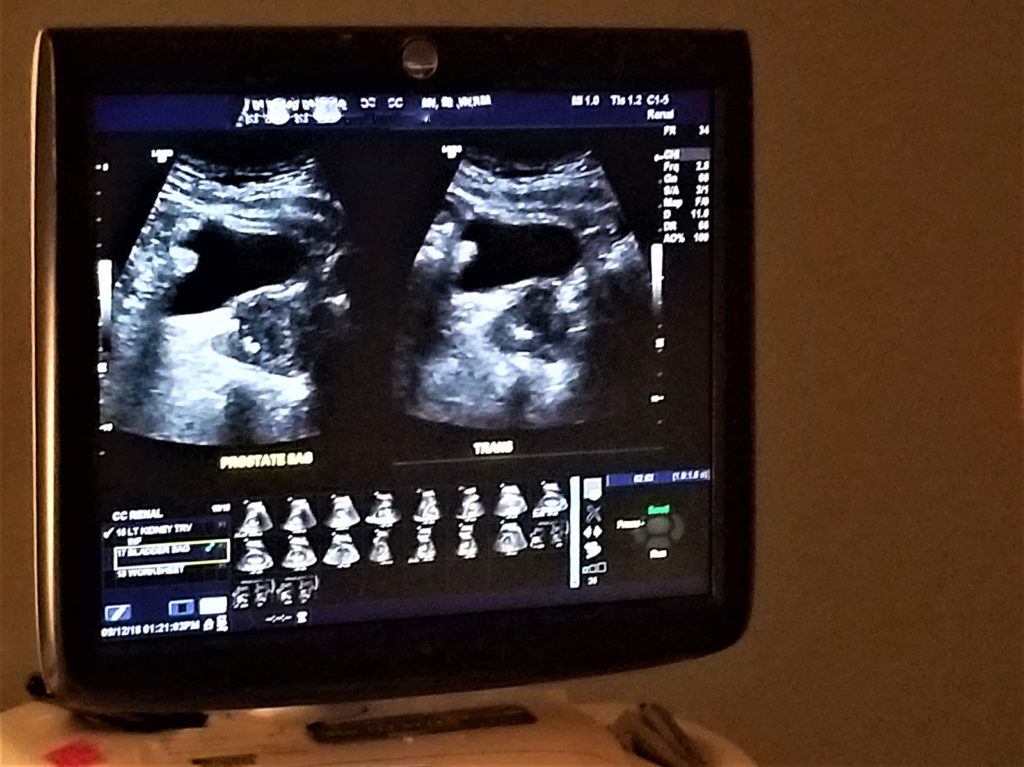
In 2013, over 50,000 men and women in the United States were diagnosed with kidney cancer. Most of these patients were over 55. Kidney cancer, or renal cell carcinoma, is among the 10 most common types of cancer diagnosed in the US.
The kidneys are two bean-shaped organs situated in the upper abdomen. They are part of the urinary tract and help to filter toxins and waste from the bloodstream. The kidneys also play a role in controlling blood pressure and emit hormones that stimulate red blood cell production. Though the kidneys are important, a person can survive with only one, or even a portion of one kidney. There are many who live with only one kidney. Some even have no kidney function and receive dialysis treatments to help filter the waste.
There are several different subtypes of renal cell carcinoma, with clear cell renal carcinoma and papillary renal carcinoma being the most commonly diagnosed. Transitional cell carcinoma is another type of renal cancer and is diagnosed in five to ten of every 100 people with renal cancer. This cancer begins in the renal pelvis, which is the area of the kidney that stores urine before it enters the ureter. When transitional cell carcinoma cells develop, they actually resemble bladder cancer cells. Transitional cell carcinoma is often linked to smoking or exposure to certain chemicals, such as asbestos, cadmium, some herbicides or organic solvents. If caught early, transitional cell carcinomas can be cured in nine out of ten cases. With this type of kidney cancer, patients must have regular follow-up exams with their physician, because the cancer can recur in the bladder or other organs.
Symptoms of kidney cancer may include:
- blood in the urine
- pain in the side
- a lump or mass in the side of the abdomen
- extreme weight loss
- fatigue
- fever
Risk factors may include smoking, obesity, genetic predisposition, kidney disease or high blood pressure. Exposure to certain chemicals have also been linked to renal cancer. However, simply because you have certain risk factors does not mean you will develop kidney cancer.
Even though the prevalence of renal cancer in the US is relatively high, the good news is that there are many treatment options available. Currently, there are an estimated 200,000 survivors in the US. See your physician if you are experiencing any of the aforementioned symptoms, or if you believe you are at an elevated risk for developing renal cancer.
Source: cancer.org

